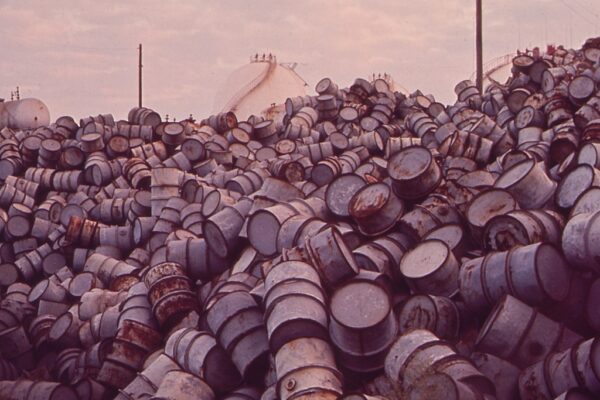NEW ORLEANS – The American Civil Liberties Union of Louisiana has filed a friend-of-the-court brief opposing the construction of a Formosa petrochemical plant in St. James Parish, asserting the project would exacerbate environmental racism, endanger the health of nearby residents, and violate federal laws that require a thorough environmental impact assessment prior to construction. The brief faults the US Army Corps of Engineers for allowing the project to move forward without properly investigating the property’s historical significance or assessing the complex’s environmental impact. A motion for leave to file the amicus brief is pending.
Construction on the project is already under way on land comprising as many as six unmarked cemeteries that likely contain the remains of enslaved people.
“For decades, the predominantly Black residents of Cancer Alley have seen their land poisoned, their water polluted, and their rights trampled by the petrochemical industry,” Alanah Odoms Hebert, ACLU of Louisiana executive director. “Cancer Alley is already the epicenter of environmental racism in the United States, and this project would subject area residents to even more dangerous pollutants. The fact that these petrochemical plants are located so close to Black neighborhoods is no accident – it’s the result of decades of environmental racism that has negatively impacted the health and life expectancy of generations of Black communities. It is inexcusable that the federal government rubber stamped this project without properly assessing its impact.”
The stretch of the Mississippi River between Baton Rouge and New Orleans has long been known as “Cancer Alley” because it is densely packed with oil refineries, petrochemical plants, and waste dumps. Considered one of the most heavily polluted areas in the United States, the area accounts for approximately one-fourth of the country’s petrochemical pollution, according to a study by the U.S. Commission on Civil Rights. An Environmental Protection Agency study found Black residents bear a 61 percent greater pollution burden than would be expected from a random dispersal of the state’s plants.
Documents
Stay Informed
Sign up to be the first to hear about how to take action.
By completing this form, I agree to receive occasional emails per the terms of the ACLU’s privacy statement.
By completing this form, I agree to receive occasional emails per the terms of the ACLU’s privacy statement.

